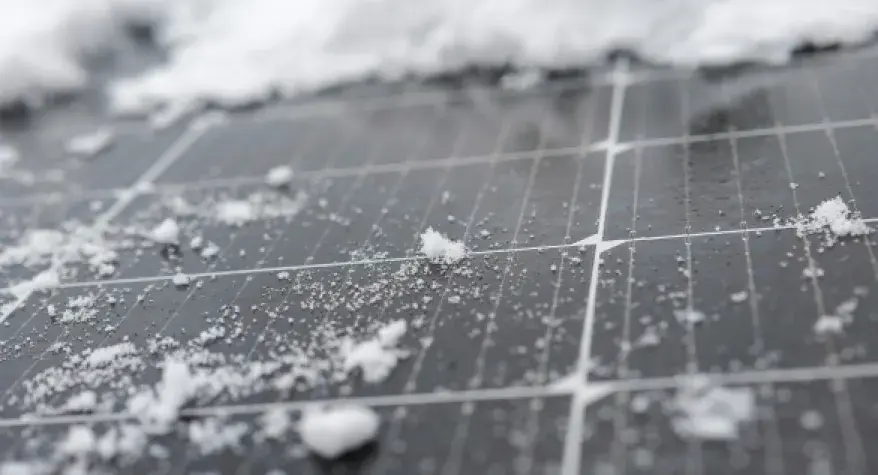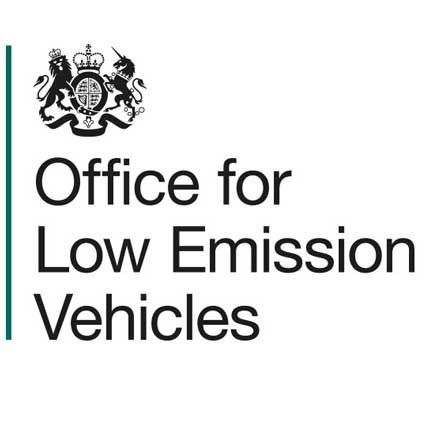As the colder months approach, many Sleaford homeowners considering solar panels start to wonder whether their systems will continue to produce electricity efficiently in winter. The truth is, solar panels are surprisingly effective year-round, including during the colder, darker days of winter.
Here’s how solar panels can still generate electricity in winter and why investing in solar energy makes sense, no matter the season.
How Solar Panels Generate Electricity Even During the Winter - Quantum Electrical Services, Sleaford
Solar Panels Don’t Need Heat—They Need Sunlight
One of the most common misconceptions about solar energy is that solar panels need warm, sunny weather to work efficiently. In reality, solar panels generate electricity from sunlight, not heat. The photovoltaic (PV) cells in your solar panels absorb sunlight and convert it into electricity. As long as there’s daylight, even if it’s cloudy or cold, your panels will still produce energy.
In fact, solar panels often perform better in colder temperatures. Solar cells function by generating electricity from the movement of electrons, and cold weather can actually enhance their efficiency by reducing electrical resistance within the panels.
Solar Panels Work on Cloudy Days
While sunny days provide the optimal conditions for solar energy production, solar panels don’t stop working just because it’s overcast. In winter, when cloud cover is more frequent, solar panels will still generate electricity, though at a lower rate than on a bright, sunny day.
Clouds diffuse sunlight, meaning some of that light still reaches the solar panels. This process allows them to continue producing electricity even on grey, overcast days. In snowy areas, the reflective nature of snow can also help by bouncing light onto the panels, boosting production in certain conditions.
Winter Days Are Shorter, But Solar Systems Are Designed for Year-Round Efficiency
It’s true that winter brings shorter daylight hours, but solar panels are built to maximize energy production throughout the entire year. During the summer, your solar panels will likely generate excess electricity, which can be stored in a battery system or fed back into the grid. This stored or surplus energy can then be used during the winter months when production is lower.
In the UK, for example, the Smart Export Guarantee (SEG) allows you to sell your excess electricity back to the grid, ensuring you still benefit even when your panels aren’t producing at peak capacity. This helps balance out the seasonal variations in energy generation.
Snow and Ice Have Minimal Impact on Solar Panels
Another concern for homeowners in winter is whether snow and ice can block sunlight from reaching their solar panels. The good news is that solar panels are designed to be durable and efficient even in snowy conditions, however dependant on the slope of your roof and the amount of snow fall solar output could be drastically effected.
Panels are installed at an angle, which helps snow slide off. Their smooth surface also means that snow doesn’t usually stick around for long. A light dusting won’t block all the sunlight, and any accumulation usually melts away quickly once the sun shines again.
As for ice, modern solar panels are built to withstand various weather conditions, including freezing temperatures. Solar panels are highly durable and will continue to function even after a light frost or ice buildup.
Making the Most of Solar Power During Winter
To maximize your solar panel system’s efficiency during winter, there are a few tips you can follow:
- Keep panels clear of debris: While snow may not be a major issue, fallen leaves, dirt, or other debris can reduce efficiency. It’s worth checking your panels periodically and clearing them if needed.
- Monitor system performance: Most solar panel systems come with monitoring software that lets you track energy production in real-time. This helps you identify any performance issues or irregularities during winter.
- Invest in battery storage: A solar battery can store excess energy produced during the sunnier months, so you can draw from it when your panels are producing less electricity in winter.
Conclusion: Solar Panels Are a Year-Round Solution
Whether it’s summer or winter, solar panels remain a reliable and cost-effective way to generate clean energy. While you may experience lower production in the winter months, modern solar panel systems are designed to perform in all weather conditions, ensuring that you can still benefit from renewable energy year-round.
If you’re considering solar panels, don’t let the winter months deter you. With the right system, you can continue to reduce your electricity bills and your carbon footprint even in the colder seasons. Contact a local, trusted solar contractor such as ourselves at Quantum Electrical Services to discuss your options and how solar energy can work for you all year long.






